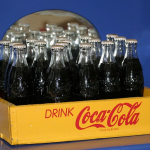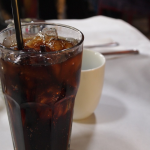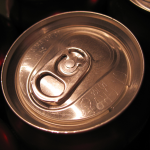It was about two years ago that this northeastern city imposed a tax on sugary beverages to raise revenue and hopefully help improve the health of its residents. Of course, in terms of health, there have been no reports as to whether it made a difference. But there were some surprises, at least for the policymakers.
soda tax
Philadelphia has opted to tax sugar-sweetened beverages, which, one might expect, will raise the price consumers must pay. But at the city's airport, at least, stores that aren't in the taxation area also raised their prices.
So Chicago has followed in the footsteps of other cities — think Berkeley and Philadelphia — by levying a tax on sodas and other sweetened beverages. Even artificially sweetened ones. Do we think such taxes will benefit consumers' health? No, we do not. In fact, they may even fail to help municipalities' bottom lines, if past events are predictive.
The tobacco industry certainly earned its reputation for undermining public health. But now anti-soda activists are using the sobriquet "Big Soda" to get people to think that soda consumption is as bad as cigarette smoking. And thus to enact taxes on sugary beverages as many jurisdictions have on tobacco. Whether this move could really benefit public health remains to be seen.
A closer look at food science reveals that a tax on sugary drinks (such as soda, sports drinks, and tea), a policy being pondered by voters in the San Francisco Bay area, is deeply misguided. We get sugar in our diets from many different sources, some of which we would consider "healthy" foods.




